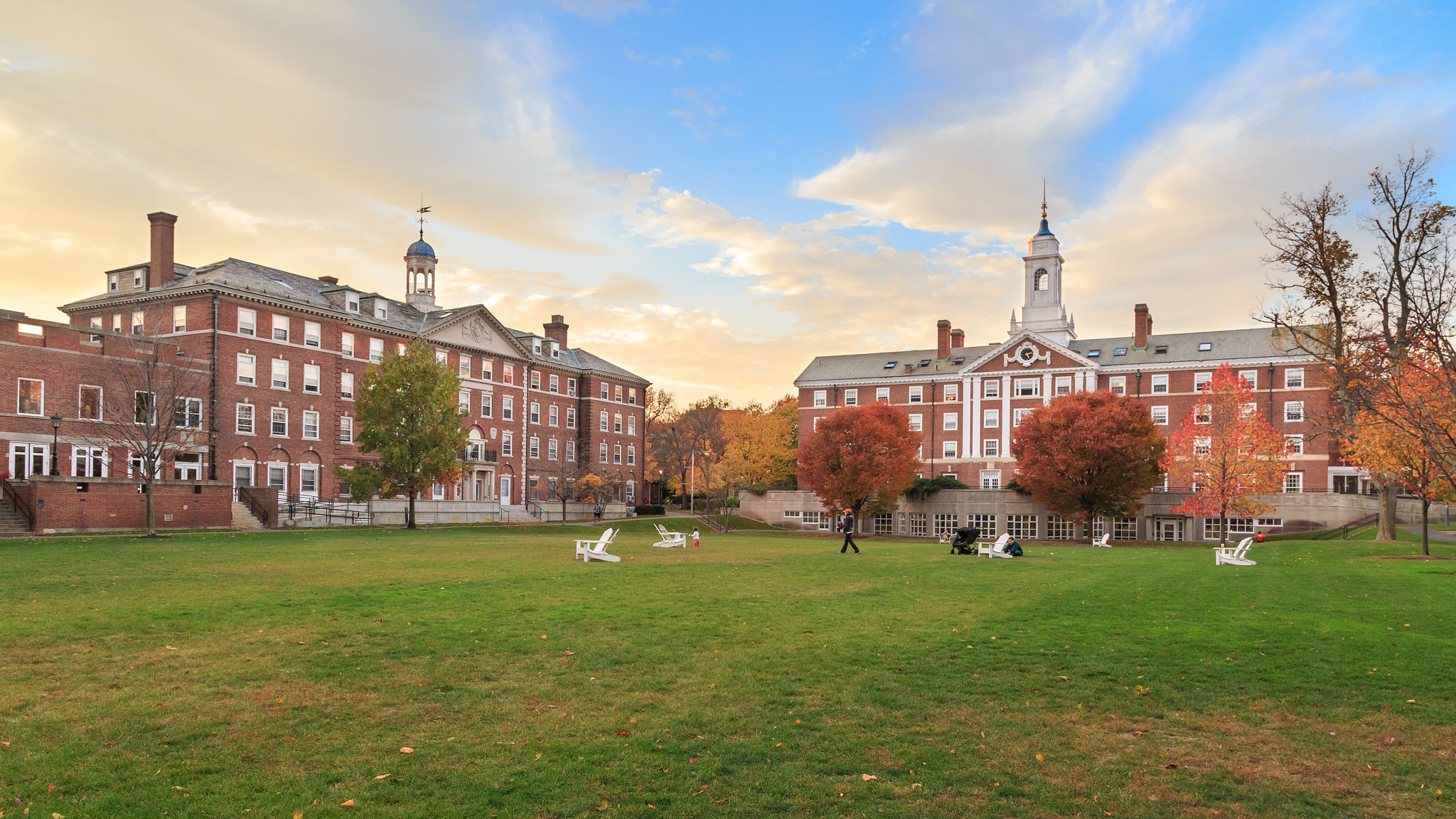My Experience at Coach Tommy Amaker's Basketball Academy at Harvard University
BC
Attending Coach Tommy Amaker's Basketball Academy at Harvard University was a remarkable experience that extended beyond basketball. Coach Amaker's guidance touched on the qualities that not only make a great player but a great person. Below are the most impactful takeaways from my time at the academy.

Thank Your Parents and Be Grateful
One of the first things Coach Amaker emphasized was the importance of gratitude. He encouraged us to thank our parents and remain appreciative of everything we have. He highlighted how crucial it is to stay grounded, be a good person, and cultivate relationships built on respect and kindness.

Be a Good Teammate
Coach Amaker stressed the importance of being unselfish on and off the court. Being a good teammate means supporting others, sharing success, and recognizing that a team’s chemistry is just as important as talent. He also reminded us that having fun and competing go hand-in-hand, and that true competitors thrive in environments where they enjoy the process.

Three Things You Can’t Give or Take Back
The wisdom that resonated the most with me was this: there are three things you can never give or take back—Time, Words, and Opportunity. This hit home as we discussed how to maximize our opportunities on the court, in the classroom, and in life. Time management and making the most of every moment became central themes throughout the camp.
Academics Matter
In the Ivy League, basketball and academics go hand-in-hand. Coach Amaker made it clear that you must have the grades to be recruited. At Harvard, the typical day for a basketball player begins early—waking up at 6 A.M., lifting weights before practice, and squeezing in as much as possible. There’s no such thing as a Christmas break, with the team practicing, traveling, and playing throughout the season. But this balance prepares athletes not just for the next four years, but the next forty.

The Five P's and Visualization
Coach Amaker shared the importance of the "Five P's": Proper Preparation Prevents Poor Performance. This mantra is essential not just in basketball but in life. Preparing for games, exams, and the future is the best way to ensure success. Harvard basketball players did a question and answer session and encouraged us to meditate and visualize our greatness. Mental strength is just as important as physical strength, and these techniques help players stay focused and ready for the pressures of competition.

Ivy League Values and Legacy
Ivy League basketball stands out because it emphasizes the long-term benefits of education. Harvard basketball players shared how Ivy League athletes choose schools based not on the next four years, but the next forty. Even though there are no athletic scholarships in the Ivy League, financial aid and need-based scholarships help ensure that athletes can attend Harvard. The Harvard basketball players stressed how proud they are of how Ivy League basketball has become more competitive, with players making it to the NBA and playing professionally overseas.

The Harvard Basketball Family
One thing that stood out to me was how Coach Amaker described Harvard basketball as a family. Relationships matter, and that sense of camaraderie defines the team’s culture. No redshirts (unless injured), no excuses—Harvard players embrace responsibility and are committed to doing well both on the court and in life. The team aims to advance in the NCAA Tournament and become a championship-caliber group, but also to “Do Well and Do Good.”
Player Development and Expectations
Some Harvard players spend a post-graduate year at a prep school to continue developing their skills. Players typically live in dorms close to the athletic facility, and while they aren't required to stay in Cambridge for the summer, they are expected to continue working on their game and preparing for the next season. The physical tests players undergo in the fall set the bar high, like running a mile within a specific time frame.
Balancing Academics and Athletics
Success at Harvard requires balancing academics and basketball. Players receive their schedules on Sundays and must organize their week, ensuring that they keep up with classwork while managing a full basketball schedule. Communication with professors is essential when traveling for games, as players are expected to maintain professionalism in all aspects of their lives.

Expect Nothing, Appreciate Everything
This statement summed up the Harvard experience—players are encouraged to work hard, stay humble, and be grateful for the opportunities they receive. Coach Amaker hosts a monthly breakfast for the team, inviting notable figures like corporate executives and even President Barack Obama to speak. This shows that Harvard basketball is about more than just the game; it’s about building a network and a future beyond sports.
Final Thoughts
My time at Coach Amaker’s academy taught me that basketball is as much about personal growth as it is about winning. It’s about being prepared, disciplined, and grateful while keeping an eye on the bigger picture. These lessons have left a lasting impression on me, shaping how I approach both basketball and life.

---
by Bradley Collier, author, student, and athlete:
http://www.BradleyCollier.net